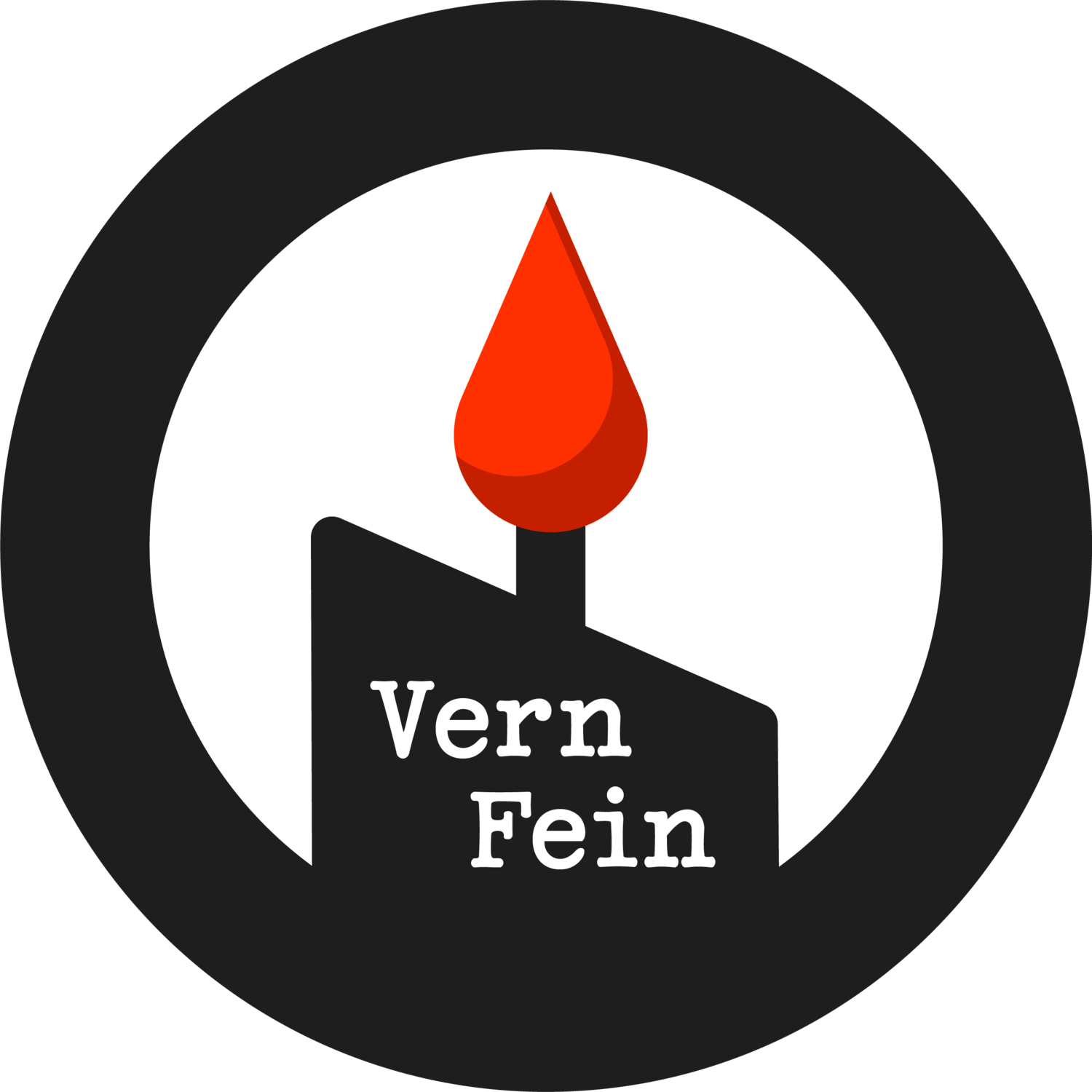An article appeared on Yahoo,
unusual attributes of high intelligence.
Ah, I can test myself against the world.
How will I fare?
To start, I am the oldest child,
a leg up, but no choice of mine
and I did take piano lessons,
but failed miserably.
I have owned cats, don’t now,
but had a lot of cats
so I must be super curious,
even though it has not killed me.
Alas, I am not left-handed.
There must be far less
intelligent people than I thought.
And I am not tall.
Wasn’t Napoleon short?
Do I begin to question this list?
Roll on.
I read at a young age,
was read to and memorized books
to delight the adults.
And I have always been
very anxious, taking pills for years.
Yes, a sense of humor,
even laugh at my own jokes.
And I am quite disorganized.
Can’t even find my lists!
Eschew luck, one of my
cats was witch black and
I fear no ladders or mirrors.
Don’t know if my Mother
breast-fed me. Too old
to remember, but must have
since this list is going my way.
Definitely a night owl,
reading lamp on till late.
Viewed as lazy as a child.
Only read comic books for years
and watched the Cubs,
avoided every odious chore.
But very focused,
perhaps OCD for a middle name.
Admit when I am wrong,
though not frequently.
Am not at all the strong silent type,
more a gadfly with a mouth.
Does that disqualify me?
But I seem to be lining up quite well?
What do you think?
I love challenges
and of course I multitask,
see life as a big stove
where I manage many burners,
but I am not a good cook—
not on the list though.
Surround myself with smart people
who have me around for the same reason
and married a smart woman
though she goes to bed early
and hates cats.
Egads! Intelligent people
shun electronics.
Can you fail at one category
and be eliminated?
Are there levels of intelligence?
Perhaps I am just smart, not highly?
But I am empathetic,
love facts, am a perfectionist,
keep a top the news,
carefully examine my ideas
over and over with my
Rubik’s cube mind
and, in truth,
don’t think I am smart
even though this wonderful test
says otherwise.
What do you think?
Originally published in Odd Ball Magazine
